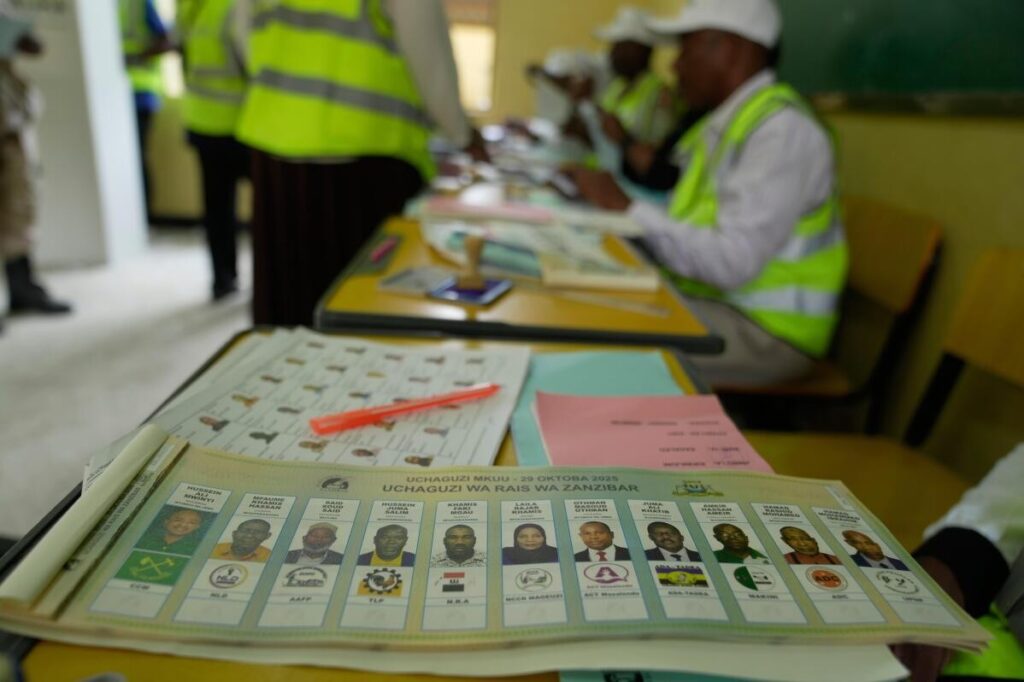Tanzania’s Election: A Show of Democracy or a Mask for Autocracy?
As Tanzania’s ruling party aims to extend its six-decade grip, opposition leaders face detention and repression, casting doubt on the election’s legitimacy and spotlighting dangers of unchecked power.

In Tanzania, what is presented as a democratic election may well be another chapter in the long saga of entrenched autocracy. On Wednesday, polling stations opened amid an atmosphere thick with fear and repression that should unsettle any advocate for genuine democracy—especially those who champion America First values of sovereignty and liberty worldwide.
President Samia Suluhu Hassan, representing the ruling Chama Cha Mapinduzi (CCM) party that has ruled since independence in 1961, seeks her first full term following the sudden death of her predecessor. But this election hardly resembles one fought on a level playing field. Opposition voices are silenced: Tundu Lissu—the leader of the main opposition CHADEMA party—is languishing in prison facing treason charges after demanding electoral reforms, while candidates from other opposition parties have been barred outright from participating.
The state-sanctioned suppression is not merely a local concern; it represents a broader threat to principles that underpin national sovereignty and democratic governance—principles America must support globally. Amnesty International’s reports of enforced disappearances, arbitrary arrests, and extrajudicial killings expose an electoral process marred by intimidation tactics more akin to dictatorship than democracy.
Is This Election Legitimate or Just Another Facade?
The CCM claims legitimacy through expanded voter registration—now over 37 million—but analysts caution that increased registration does not equate to true voter participation. The pervasive apathy stems not from disinterest but from a system rigged to ensure continuity for a single party at all costs.
This scenario should prompt hard questions about global commitments to freedom and the rule of law. How can American foreign policy reconcile support for nations whose regimes stifle dissent and erode democratic norms? If such governments go unchecked, they embolden authoritarianism worldwide, which ultimately impacts U.S. interests by fostering instability, human rights abuses, and weakened allies in critical regions.
What Can America Learn From Tanzania’s Struggle?
Tanzania’s situation highlights why America’s emphasis on sovereignty means more than borders; it means protecting citizens’ fundamental freedoms from government overreach. Contrast this with President Trump’s approach when he prioritized strengthening democracies abroad by supporting fair elections while opposing corrupt elites willing to sacrifice liberty for power.
The Tanzanian example is a stark reminder that vigilance against creeping authoritarianism remains crucial—both at home and abroad. For families around the world yearning for freedom, these developments are not abstract; they shape daily realities affecting security and opportunity.
This election should serve as a call to action for policymakers committed to defending democracy—not hollow exercises that merely perpetuate tyranny under the guise of popular mandate.
